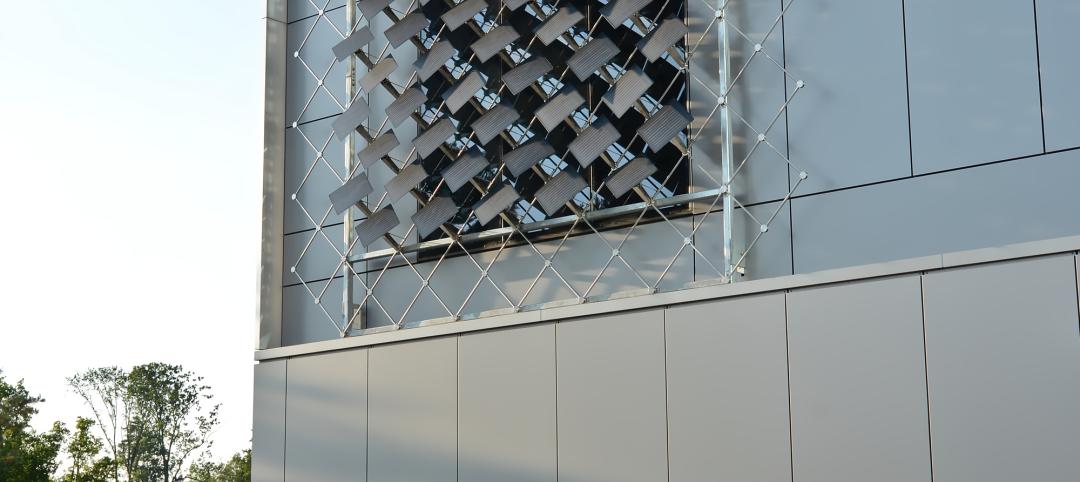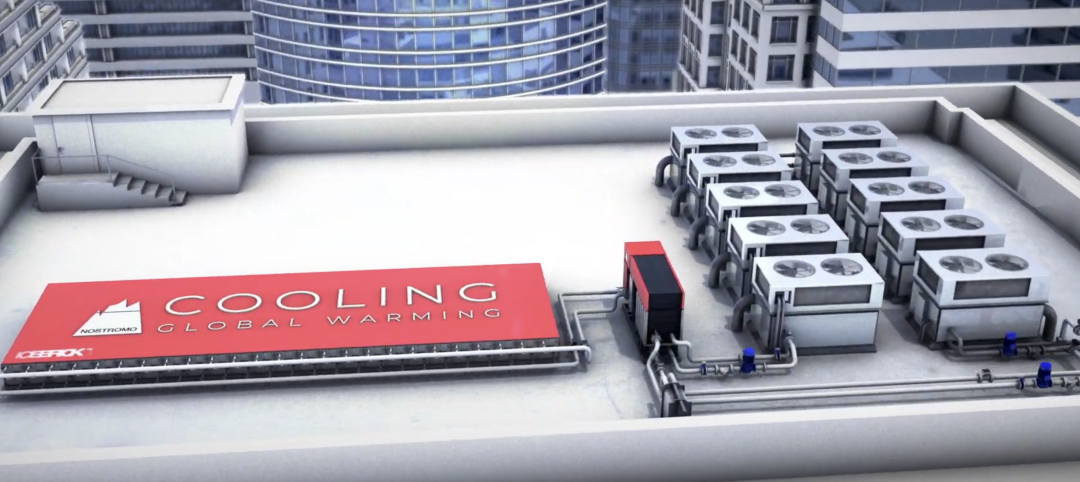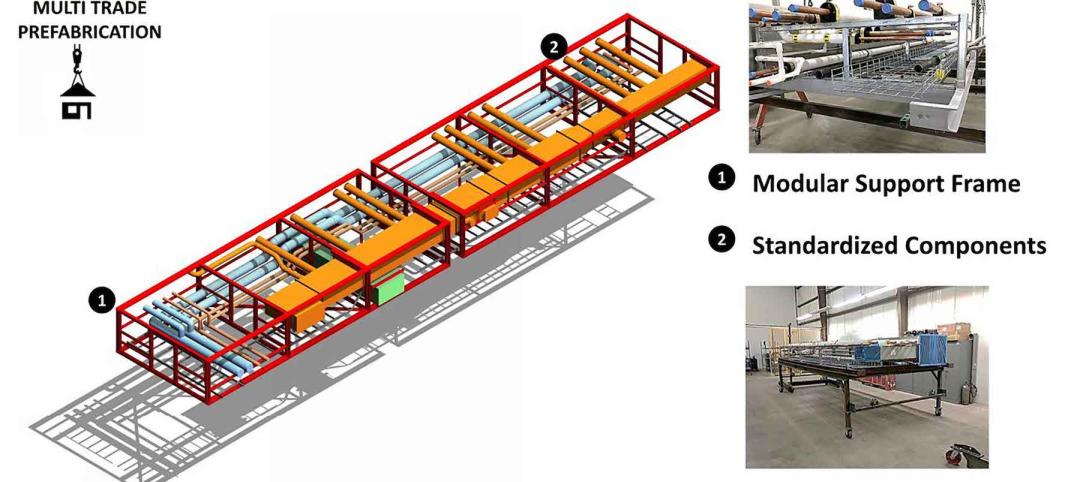Artificial intelligence doesn’t always get the best wrap. From fictional takes on the technology such as Skynet, from The Terminator series, destroying the world and Westworld’s new foreboding take on AI, to Stephen Hawking’s very real warning that artificial intelligence could end mankind, AI certainly doesn’t get as much love as other novel forms of technology like augmented reality or drones.
That doesn’t mean, however, AI isn’t currently being used for very useful applications. For example, a software firm based in Milan, Italy has been attempting to use machine learning algorithms to help buildings predict when their critical systems are about to fail.
According to newscientist.com, CGnal recently analyzed a year’s worth of data, such as temperature, humidity, and electrical use, from heating and ventilation units in an Italian hospital. The data related to appliances in operating theaters, first aid rooms, and corridors.
The firm then trained a machine learning algorithm on data from the first half of 2015 and looked for differences in the readings of similar appliances. When it was tested on data from the second half of the year, the system predicted 76 out of 124 real faults, including 41 out of 44 where an appliance’s temperature rose above tolerable levels, with a false positive rate of 5%, newscientist.com reports.
Augury, a start-up based in the United States, is also experimenting with machine learning. The company uses acoustic sensors that they install in machines to listen for audible changes in function in order to achieve the same result of predictive monitoring. So far, Augury has used the technology to diagnose machines in facilities such as hospitals, power plants, data centers, and a university campus.
By predicting these issues before they occur, facilities could be fixed before a crash ever occurs, saving time and money.
Related Stories
Geothermal Technology | Jul 29, 2024
Rochester, Minn., plans extensive geothermal network
The city of Rochester, Minn., home of the famed Mayo Clinic, is going big on geothermal networks. The city is constructing Thermal Energy Networks (TENs) that consist of ambient pipe loops connecting multiple buildings and delivering thermal heating and cooling energy via water-source heat pumps.
Smart Buildings | Jul 25, 2024
A Swiss startup devises an intelligent photovoltaic façade that tracks and moves with the sun
Zurich Soft Robotics says Solskin can reduce building energy consumption by up to 80% while producing up to 40% more electricity than comparable façade systems.
Codes and Standards | Jul 25, 2024
GSA and DOE select technologies to evaluate for commercial building decarbonization
The General Services Administration and the U.S. Department of Energy have selected 17 innovative building technologies to evaluate in real-world settings throughout GSA’s real estate portfolio.
Great Solutions | Jul 23, 2024
41 Great Solutions for architects, engineers, and contractors
AI ChatBots, ambient computing, floating MRIs, low-carbon cement, sunshine on demand, next-generation top-down construction. These and 35 other innovations make up our 2024 Great Solutions Report, which highlights fresh ideas and innovations from leading architecture, engineering, and construction firms.
Smart Buildings | Jul 1, 2024
GSA to invest $80 million on smart building technologies at federal properties
The U.S. General Services Administration (GSA) will invest $80 million from the Inflation Reduction Act (IRA) into smart building technologies within 560 federal buildings. GSA intends to enhance operations through granular controls, expand available reporting with more advanced metering sources, and optimize the operator experience.
Building Technology | Jun 18, 2024
Could ‘smart’ building facades heat and cool buildings?
A promising research project looks at the possibilities for thermoelectric systems to thermally condition buildings, writes Mahsa Farid Mohajer, Sustainable Building Analyst with Stantec.
Concrete Technology | Jun 17, 2024
MIT researchers are working on a way to use concrete as an electric battery
Researchers at MIT have developed a concrete mixture that can store electrical energy. The researchers say the mixture of water, cement, and carbon black could be used for building foundations and street paving.
Contractors | Jun 4, 2024
Contractors expect to spend more time on prefabrication, according to FMI study
Get ready for a surge in prefabrication activity by contractors. FMI, the consulting and investment banking firm, recently polled contractors about how much time they were spending, in craft labor hours, on prefabrication for construction projects. More than 250 contractors participated in the survey, and the average response to that question was 18%. More revealing, however, was the participants’ anticipation that craft hours dedicated to prefab would essentially double, to 34%, within the next five years.
MFPRO+ New Projects | May 29, 2024
Two San Francisco multifamily high rises install onsite water recycling systems
Two high-rise apartment buildings in San Francisco have installed onsite water recycling systems that will reuse a total of 3.9 million gallons of wastewater annually. The recycled water will be used for toilet flushing, cooling towers, and landscape irrigation to significantly reduce water usage in both buildings.
HVAC | May 28, 2024
Department of Energy unveils resources for deploying heat pumps in commercial buildings
To accelerate adoption of heat pump technology in commercial buildings, the U.S. Department of Energy is offering resources and guidance for stakeholders. DOE aims to help commercial building owners and operators reduce greenhouse gas emissions and operating costs by increasing the adoption of existing and emerging heat pump technologies.

















